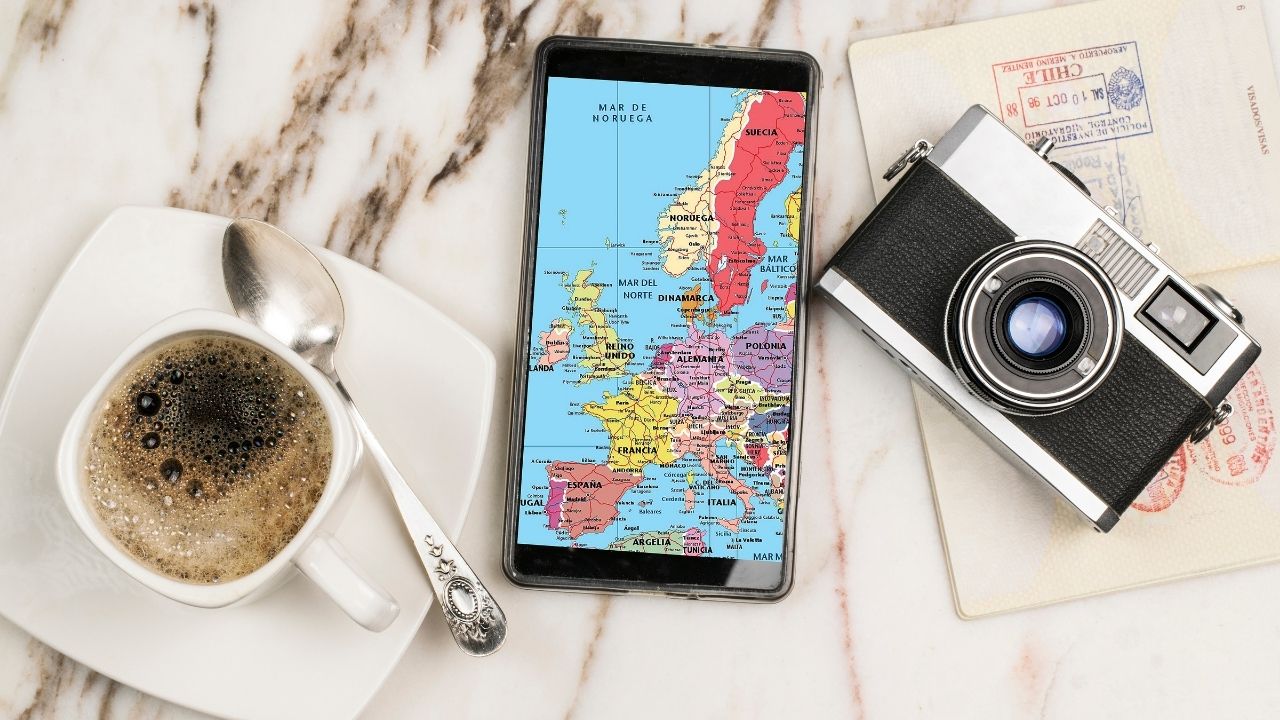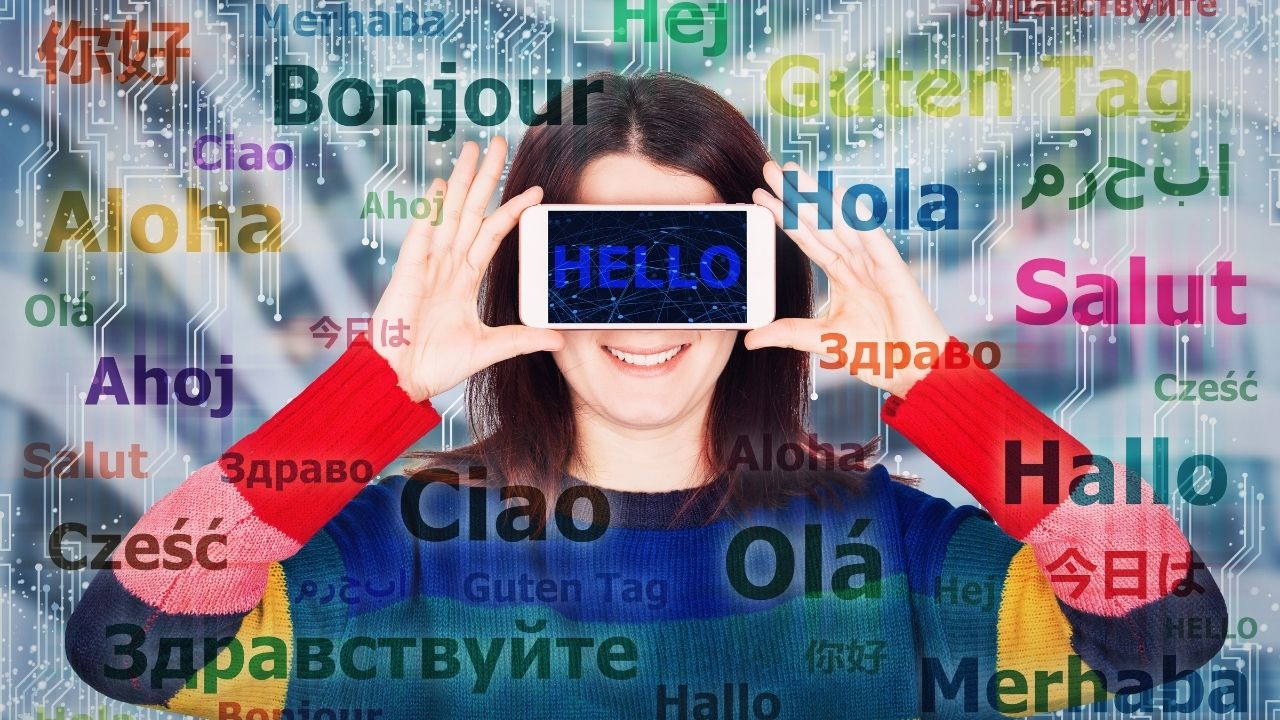The next-generation technologies and artificial intelligence introduced drastic transformations across many industries. Tourism is one such sector that witnessed a metamorphosis in the past two decades due to such technological advancements.
Gone are the days when people had to visit travel agents’ offices, stand in long queues for ticket booking, or carry heavy luggage on their travel route. With the help of advanced tools and apps, we are a few clicks and taps of buttons away from accessing any travel service.

Such improvements and new technologies simplified the way we travel. The increasing number of global travelers annually is proof of this. A report released by the World Tourism Organization suggests that 8.5 billion people worldwide are estimated to make 2 billion international trips by 2030. The report also indicates that the travel sector will undergo a full-fledged revamp with new technologies in the upcoming years.
Here are the five ways technology has changed the face of the tourism industry in the past few years:
Jump to:
Mobile technology:
Mobile devices have become an inevitable part of the entire process of making a travel trip. According to Travel port's 2018 Digital Travel Survey, 48% of people book their travel through mobiles and use 13 apps during their trip. Smartphone has itself become a restaurant locator, travel agency, navigator, and an all-in-one travel guide.
According to a Travel Prediction 2019 survey by Booking.com, 57% of people are looking for real-time luggage tracking mobile apps, and 57% are expecting a single app to meet all their travel requirements.

Eco-friendly and time-saving process:
With the help of technology, we can book flight tickets, rent out cars & book rooms online without printing the documents. Technology saves us from carrying lots of papers, and there are no risks of losing vital information. Moreover, nowadays, car rental companies have made use of mobile apps to cater to their customers' demands. For example, you could request a car with a surfboard roof rack installed if you want to take your surfboard along. It makes the whole process smooth and time-saving.

Airline boarding passes and tickets are easily accessible on a single swipe rather than juggling them in papers. These apps also offer services like mobile check-ins to ensure a secure and hassle-free travel routine.
Chatbot revolution:
Many hotels and flight companies offer messaging platforms, either through their apps or through Facebook messenger, to deliver quick resolution and seamless services to the customers. However, the biggest breakthrough in this field is chatbots.
They are the platforms where customers interact either with artificial intelligence or with a human to solve their queries. It means we do not have to make repeated calls or visit the desks to know about the rates and availability of rooms or flights. If the chatbot fails to answer your question, it will transfer it to the human agent.
Demolishes language barriers:
We often come across language constraints while communicating with people abroad. In the pre-internet days, we used to carry phrasebooks to decipher languages and phrases of the local people. Today, with apps like Google Translate, iTranslate, and Waygo, we can easily comprehend the local language.

Google Translate also uses a camera that could translate signs and symbols into the desired language in real-time. Moreover, Google pixel buds that integrate with Google Translate also help people in hearing real-time translations of local dialect through earphones while communicating with locals.
Navigation made easier:
With navigation tools and AI voice systems in our smartphones, we are a few clicks away in locating the desired destination. We no longer need to carry paper maps to track and orient ourselves in an unknown place. Google Maps and responsive voice services have simplified our navigation.

For instance, we do need anyone’s verbal guidance to reach places like Times Square. Siri is one such revolutionary service that helps in real-time problem resolution and makes navigation smooth. Between 2015 to 2016, hotel searches and “near me” searches have increased by 30%.
Conclusion:
Besides the impacts mentioned above of technology on the tourism industry, many new technologies hold immense potential to revolutionize the travel industry. Technologies like Blockchain and Big Data are gradually expanding their reach in the tourism sector. Soon the industry is all set to witness more breakthroughs.
And above all, technology helps us stay connected to each other from wherever we are. People could have access to their loved ones through Skype, emails, and video conferencing. Gone are the days of writing long letters and postcards. It could be considered as something that inculcates the feelings of love and bonding among us. It is the human aspect of technology.




